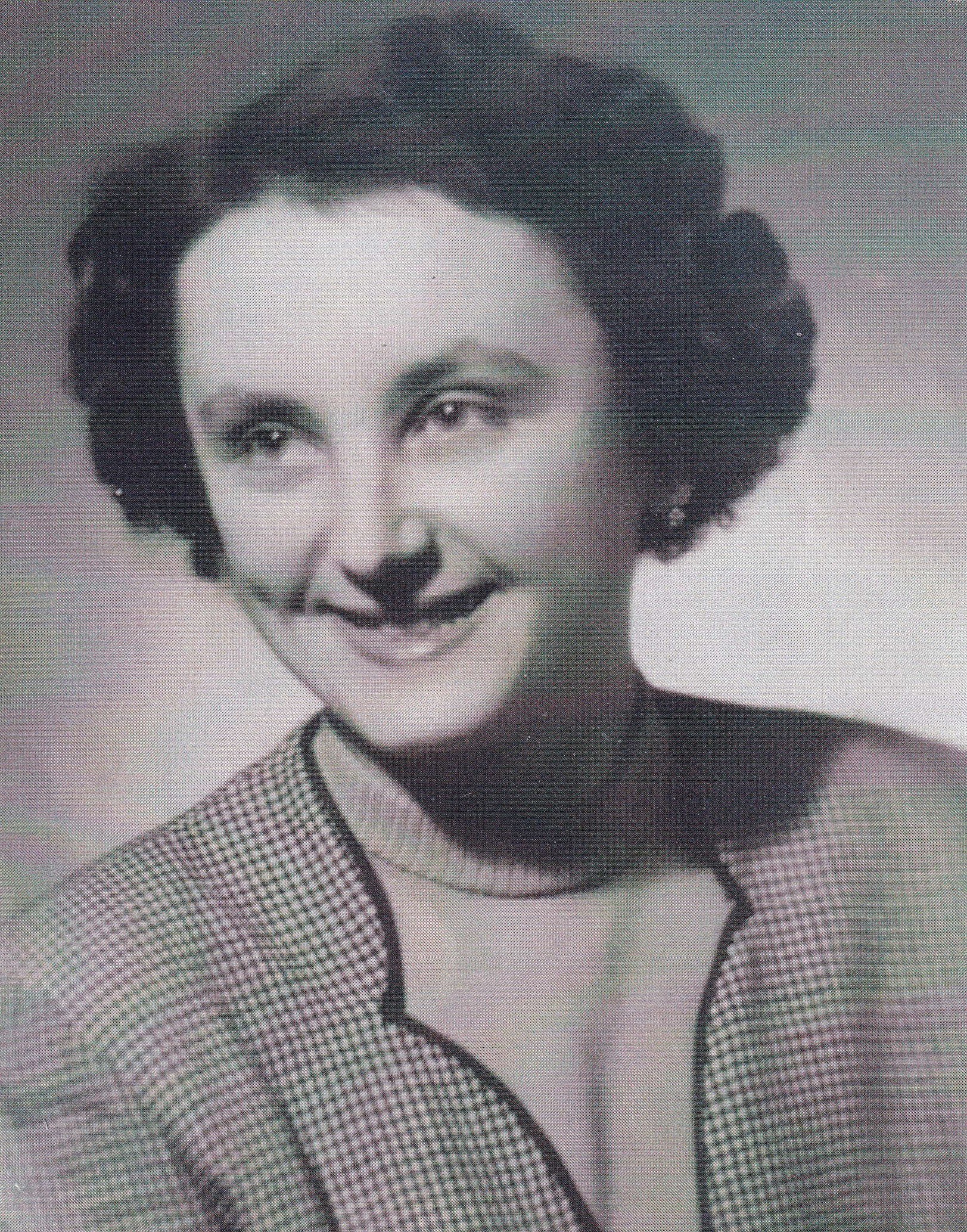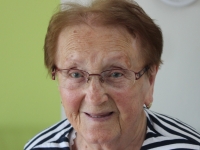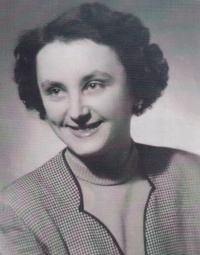The sirens started ringing and the bunker was completely full

Download image
Jarmila Lebedová, née Jílková, was born on the 12th of April 1925 in Židenice in Brno. With her parents Ludmila, née Flesslerová, and Jan Jílek, she grew up in the house of her grandfather Alois Flessler, who had been a businessman in the heating fuel sales sector. In the year 1931 she started attending the first grade, and after finishing her basic education she started studying at the grammar school of Křenová in Brno. After graduating in the year 1944 she was recruited into forced labor. From the year 1944 she repeatedly experienced the bombing of Brno. In one of the air raids her family lost their home and her father his tailoring workshop. Shortly after the liberation, she moved to the Brno countryside with her parents, where they waited out the last days of the war. After returning to Židenice she became witness to the resettlement of the Germans. In post-war Brno she wanted to expand her education and then work as a teacher. However, due to a shortage of teachers, she immediately started working at a school in Nedvědice (district Brno-venkov) and finished her qualification while working. During her teaching career she changed through a number of locations, in the Brno countryside and also directly in Brno, she taught primarily at elementary schools. She went into retirement in the year 1981. In the year 2022 she lived in a seniors’ home in Brno.

